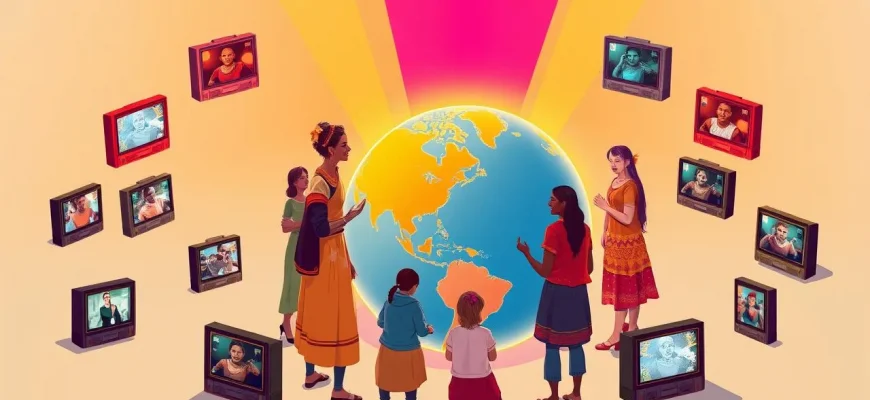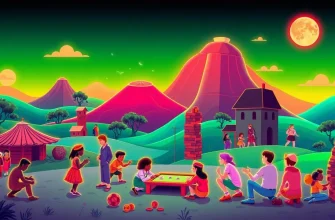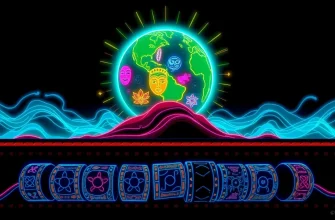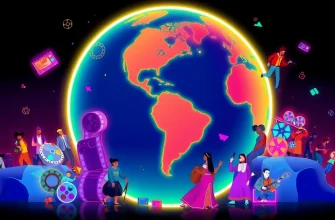Ethnographic documentaries offer a window into the diverse cultures and traditions that shape our world. This curated selection of 10 films delves into the lives of various communities, showcasing their customs, beliefs, and daily routines. These films not only entertain but also educate, providing a deeper understanding of human diversity and the beauty of cultural heritage. Whether you're an anthropology enthusiast or simply curious about different ways of life, these documentaries are a treasure trove of knowledge and inspiration.
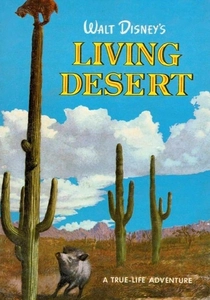
The Living Desert (1953)
Description: While not strictly ethnographic, this Disney documentary explores the life in the American Southwest, including the human inhabitants and their relationship with the harsh environment.
Fact: It was the first feature-length film to be shot in CinemaScope and won an Academy Award for Best Documentary Feature.
 Watch Now
Watch Now
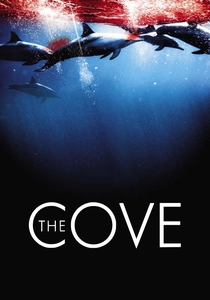
The Cove (2009)
Description: Though primarily focused on dolphin hunting, this film also delves into the cultural practices of the Taiji fishermen, offering a complex view of tradition versus conservation.
Fact: The film won the Academy Award for Best Documentary Feature in
 Watch Now
Watch Now
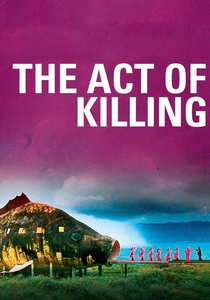
The Act of Killing (2012)
Description: While focusing on the aftermath of the Indonesian genocide, this film provides a chilling look into the cultural and psychological impacts of historical events on a society.
Fact: The film was nominated for an Academy Award for Best Documentary Feature.
 Watch Now
Watch Now
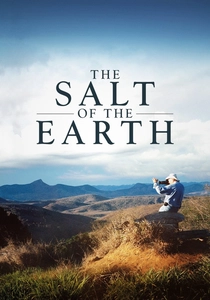
The Salt of the Earth (2014)
Description: A documentary about the life and work of photographer Sebastião Salgado, who captures the essence of human life in various cultures, often focusing on those living in extreme conditions.
Fact: The film won the Special Jury Prize at the Cannes Film Festival.
 Watch Now
Watch Now
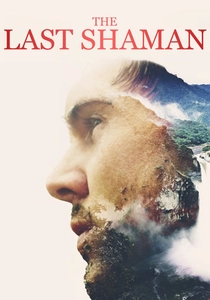
The Last Shaman (2016)
Description: Follows James, a young American, as he travels to the Amazon to find a shamanic cure for his depression, offering insights into indigenous healing practices.
Fact: The film was shot over three years, capturing James's real journey and transformation.
 Watch Now
Watch Now
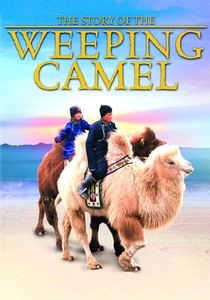
The Story of the Weeping Camel (2003)
Description: This film documents the life of a family of nomadic herders in Mongolia, capturing a rare event where a camel rejects her newborn, and the family's attempt to reconcile them through music.
Fact: The film was shot over a year to capture the natural cycle of the camel's birth and the subsequent events.
 30 Days Free
30 Days Free
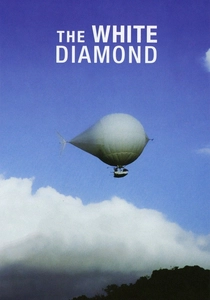
The White Diamond (2004)
Description: Werner Herzog's documentary follows an engineer's quest to fly over the rainforest canopy in Guyana, exploring the lives of the indigenous people and the natural environment.
Fact: Herzog himself appears in the film, interacting with the subjects and narrating the story.
 30 Days Free
30 Days Free
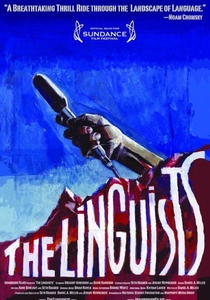
The Linguists (2008)
Description: Two linguists travel the world to document dying languages, showcasing the importance of linguistic diversity and the cultural heritage it represents.
Fact: The film was nominated for an Emmy in the Outstanding Informational Programming category.
 30 Days Free
30 Days Free

The Tribe (2014)
Description: A unique film that follows the lives of students in a Ukrainian boarding school for the deaf, entirely in sign language with no subtitles or voice-over, offering an authentic look into their world.
Fact: The film was shot in a real boarding school, and all actors are deaf, using their natural sign language.
 30 Days Free
30 Days Free
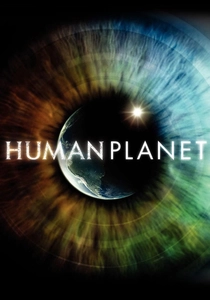
The Human Planet (2011)
Description: This series explores the extraordinary ways humans adapt to some of the harshest environments on Earth, from the Arctic to the Amazon, highlighting the ingenuity of human survival.
Fact: The series was filmed over four years and involved over 150 crew members from 16 countries.
 30 Days Free
30 Days Free

